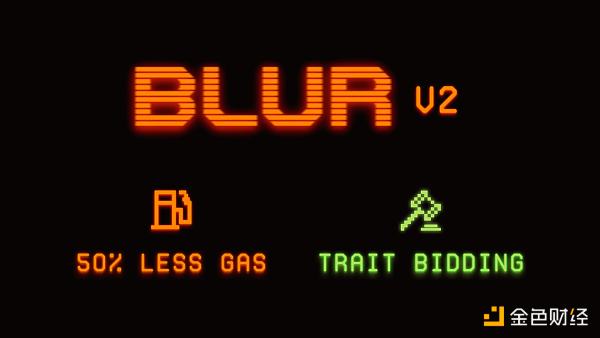More than 60 organizations in Europe and the United States jointly developed: Rehabilitation Certificate for New Coronavirus Patients Based on Blockchain
Editor's note: The original title was "More than 60 organizations teamed up to develop a blockchain-based new crest virus rehabilitation certificate"
According to foreign media reports on April 14, in order to prevent the privacy of patients from being violated, blockchain independent identity (SSI) technicians are developing rehabilitation certificates for COVID-19 patients.

The COVID-19 Certificate Program (CCI) is trying to develop a digital certificate that conforms to the World Wide Web Consortium (W3C) verifiable certificate standard to help rehabilitated persons with rehabilitation certificates to return to normal life.
- Blockchain war "epidemic" action (1): big data application
- Observation | Is the open source of the blockchain the biggest flaw in the business model or the strongest defense?
- Video: Blockchain opens a new chapter in medical health (Part 1)
Digital certificate
The certificate allows individuals to provide evidence that their antibodies tested positive, have recovered from coronavirus, or have been vaccinated. More than 60 SSI organizations participated in the project, including Streetcred, TNO, Esatus, Georgetown University, TrustNet from Pakistan, DIDx from South Africa, Northern Block from Canada and Consulcesi from Italy.
Health care institutions issue certificates
The above digital certificate must be issued by a health care institution. In addition, the certificate will be controlled and shared by users in a peer-to-peer (P2P) manner. In March, Microsoft ’s former CEO and founder Bill Gates said at the AMA conference at Reddit last month:
We will eventually use digital certificates to show who has recently recovered or been tested, or when they have been vaccinated.
Why choose blockchain?
The CCI solution uses blockchain protocols such as Hyperledger Aries and Hyperledger Indy. With the support of verifiable credentials and SSI, it can establish a higher level of trust between the issuer, holder and verifier of the credential. The licensee has the right to choose what and with whom to share.
The certificate will be supported by a distributed ledger (DLT) architecture, and not much data will run on the blockchain. Drummond Reed, Chief Trust Officer of Evernym, said:
For a blockchain used only for encryption infrastructure, there will be very little data stored on the chain. All certificates are exchanged point-to-point off-chain. The use of blockchain is very important, but its role is limited.
We will continue to update Blocking; if you have any questions or suggestions, please contact us!
Was this article helpful?
93 out of 132 found this helpful
Related articles
- Video: Blockchain opens a new chapter in medical health (Part 2)
- Can Brave succeed in challenging Google Chrome with over 1 billion users?
- Opinion | 19 useful indicators to measure the progress of blockchain
- Video | OK Blockchain 60 Lecture: How Blockchain Works
- Video | OK Blockchain 60: Why is Blockchain called Blockchain?
- 7 Key construction projects in provinces and cities in 2020 involve billions of funds from the blockchain to help industrial development
- Video: Lecture on OK Blockchain 60-Features of Blockchain: Decentralization






